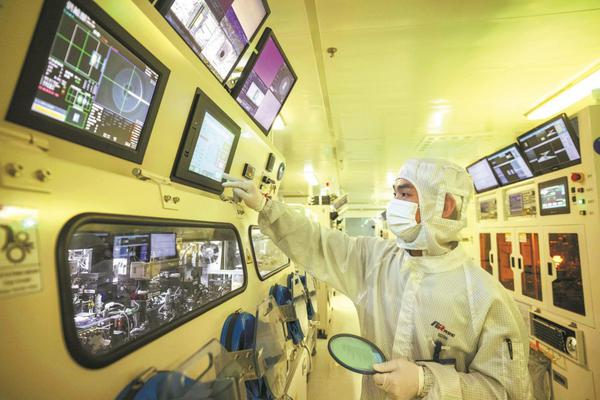
An employee works at a chip testing workshop in Wuhan, Hubei province, in January 2024. (XUE TING/FOR CHINA DAILY)
Washington's restrictions on high-tech exports, including advanced chips and tariffs, are causing significant losses for US companies, while simultaneously accelerating breakthrough innovations in China's technology sector, industry leaders and experts said.
Executives across US and Chinese tech firms pointed to the unintended consequences of the policies, while they called for a more rational approach to ease trade tensions and pursue win-win cooperation for both sides.
Jensen Huang, CEO of US semiconductor firm Nvidia, said the US government's export controls on artificial intelligence chips to China were "a failure", at a tech forum in late May.
"All in all, the export control was a failure. The fundamental assumptions that led to the AI diffusion rule in the beginning, have been proven to be fundamentally flawed," Huang said.
Nvidia's market share in China, Huang said, has plunged to 50 percent now from 95 percent at the start of former US president Joe Biden's administration.
Meanwhile, in April, Nvidia noted a $5.5 billion write-down to its inventory, after the US government issued new regulations that asked companies to get a license to sell their AI chips to China.
Over the past year, Washington's ban on the sale of advanced AI chips to China has compelled tech companies to pivot sharply toward domestic semiconductor designers like Huawei Technologies Co Ltd, while also spurring Beijing to invest heavily to develop a supply chain that doesn't rely on manufacturers outside the country.
"The local companies are very, very talented and very determined, and the export control gave them the spirit, the energy, and the government support to accelerate their development," Huang said.
Huang told Bloomberg in a separate interview recently that Huawei's AI chip technology, including the CloudMatrix cluster and Ascend 910C chip, now competes with Nvidia's high-end offerings such as Grace Blackwell and H200.
Jack Gold, principal analyst at consultancy J.Gold Associates, said: "What's actually happening is that the US government right now is handing China a big win as it tries to get their own chip business going."
Once Chinese companies are competitive, they'll start selling around the world and people will buy their chips, Gold added.
Against the backdrop of Washington's wider tech restrictions, Chinese companies are making steady progress in core technologies such as chips and operating systems.
In the shadow of US export restrictions on Nvidia chips, Chinese tech companies are expanding their cooperation with Huawei to use the latter's AI chips for training large language models.
iFlytek, for instance, said that its proprietary deep reasoning model Spark X1 is the industry's only large language model trained entirely on China's domestic computational infrastructure.
iFlytek said it is partnering with Huawei's AI chip research team to create better domestic computing solutions for AI training, and that Spark X1 demonstrates significant improvements across general AI tasks, including mathematics, coding, logical reasoning, text generation, language understanding and knowledge-based Q&A.










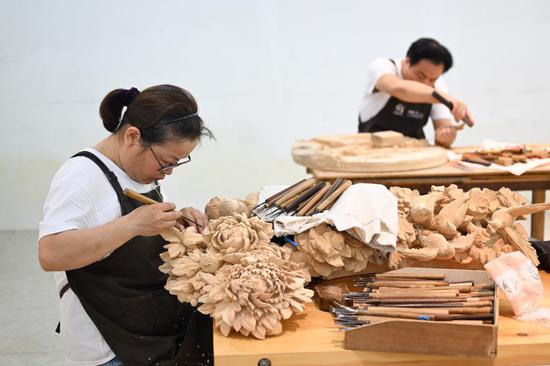

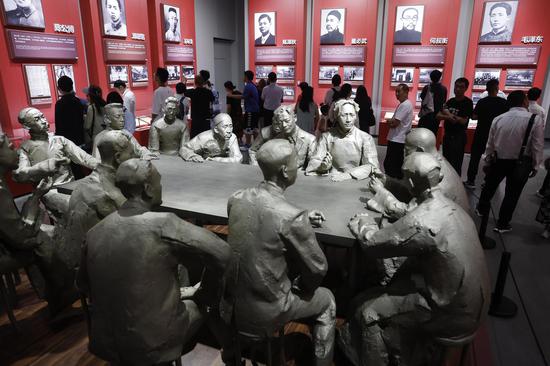

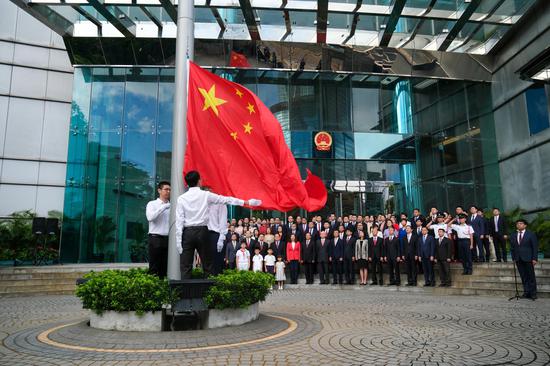
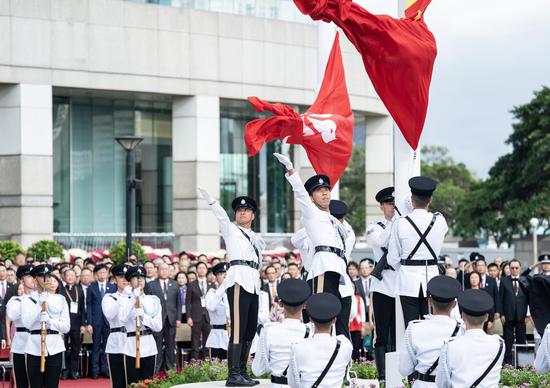
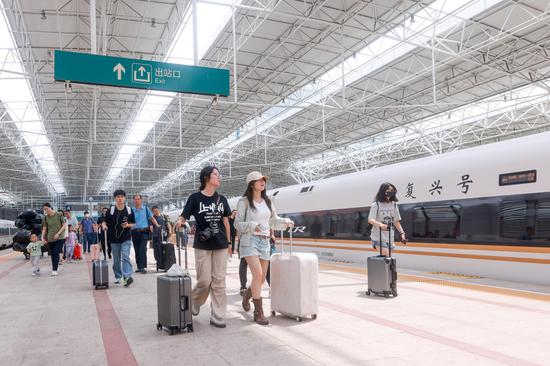
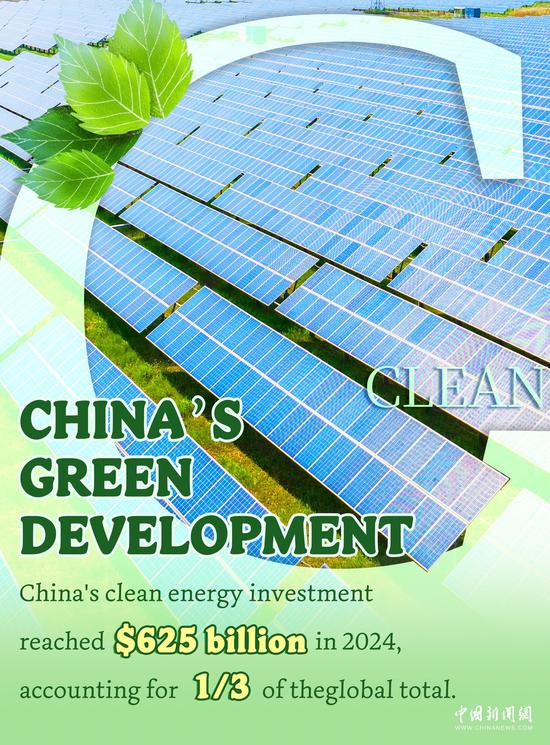



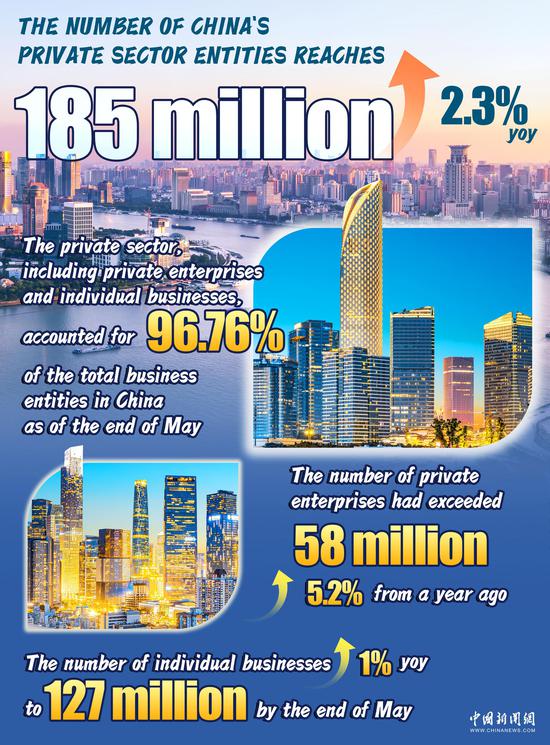



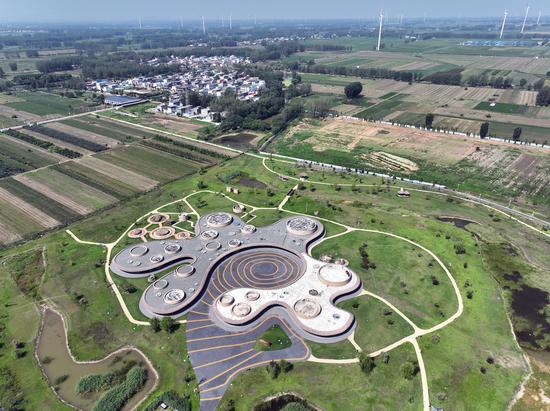


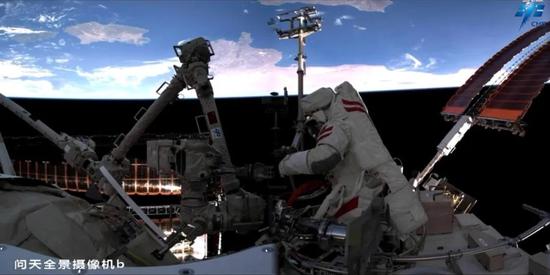
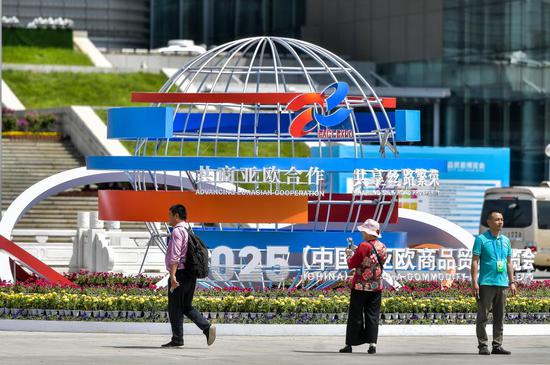




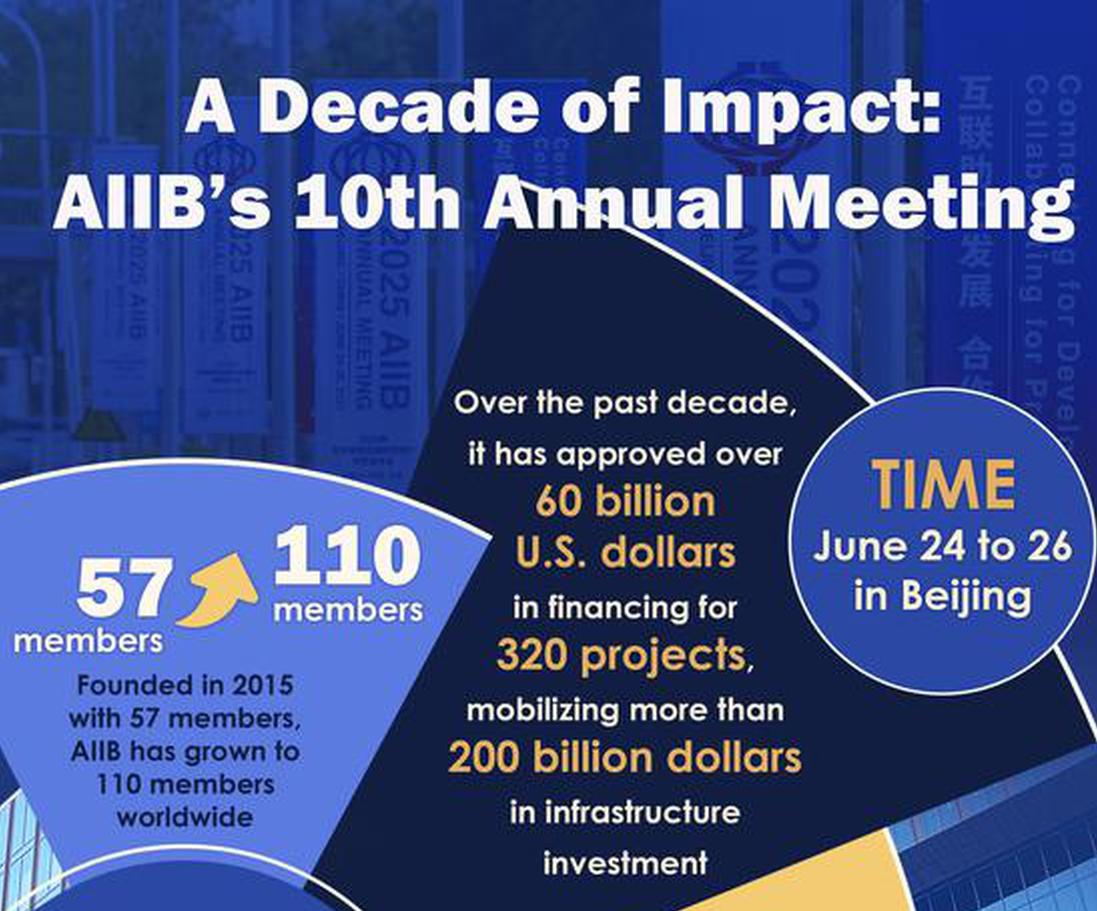



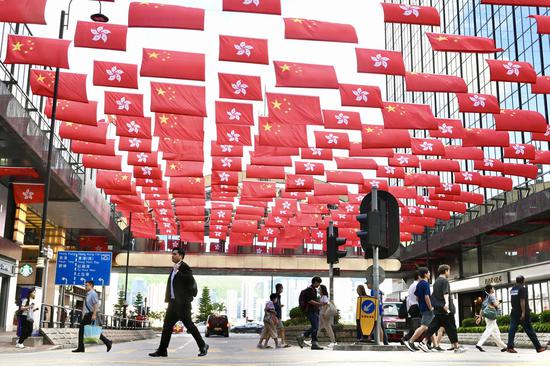











 京公網安備 11010202009201號
京公網安備 11010202009201號